|
First, it was China. Then Europe was hit, and the United States followed closely. Now, we have more than 5 million cases and over 340,000 deaths, globally. In recent months, the world has seen some of the strongest and most powerful countries fall to COVID-19. Countries that are equipped with advanced medical technologies and healthcare facilities now have hospitals and healthcare staff stretched beyond their limits. Health Departments and populations are frantically trying to ‘flatten the curve’ by urging safety measures and safe distancing. As we end our second month of “circuit breaker” here on our small but mighty island, we, like many others, are deeply feeling the impact the coronavirus has brought upon us.
Personal hygiene is the talk of the town, and hand sanitisers have become a must-carry item. Everywhere we go, we hear and see the same three-word phrases: “Wash your hands!”, “Wear a mask!”, “Keep your distance!” The world is slowly progressing towards a new normal as these behaviours become habitually ingrained in our lives. While we’re not happy about it, this new etiquette keeps risk at a distance. We can choose to avoid potential transmission: we can stay home, we can wash our hands frequently, we can stay hydrated, exercise in our living rooms and even get our meals delivered. Although we feel restricted, we are able to maintain our own personal levels of health and safety. But this is not the case for everyone. In many communities, these lockdown restrictions are very difficult to enforce, not because people don’t want to follow guidance, but simply because they cannot. And these circumstances increase their risk of contracting this dangerous virus. Water shortages increase risk of coronavirus
To make this situation even riskier for transmission, sharing a communal water source means individuals must stand in line and may not have control over its cleanliness. While these concerns are still relevant under non-pandemic circumstances, having a highly contagious virus lurking around every corner means these worries are even greater during this time.
What happens when you have to prioritize water
Water is limited, and therefore it is prioritized. When households must ration their supply until they can collect clean water again, washing hands and some forms of hygiene may be a lower priority than using water to cook, hydrate their families, or even water their livestock.
Disease Control Priorities in Developing Countries 2nd edition stated that ‘Water consumption doubles or triples when house connections are provided.' For example, researchers have found that provision of a yard tap nearly doubled the odds of a mother washing her hands after cleaning her child's bottom and more than doubled the odds that she would wash any fecally soiled linen immediately. This demonstrates that the accessibility of clean water increases the likelihood of its use for hygiene purposes.
As we all know, COVID-19 is transmitted through droplet transmission, either by direct contact with infected individuals or indirectly through surfaces or objects used by the infected person. Handwashing alone may reduce 40% of the risks from various infectious diseases as the pathogens are “killed” through the use of soap. This is a pretty significant percentage, and a reason why the lack of access to clean water is emphasised greatly during this period. You can read this blog to learn more about how handwashing fights pathogens and reduces transmission.
Overcrowded conditions increase infectious diseases
Poor living conditions contribute to the fast transmission of disease. In slums, refugee camps or even migrant worker dormitories, social distancing is almost impossible. Individuals share living spaces, bedrooms and bathrooms; basic necessities like food and water are collected in communal locations, therefore residents simply cannot avoid each other. There is strong evidence to support the association between many infectious diseases and household crowding, or overcrowded living conditions.
Recently The Guardian published an article highlighting that the top five most crowded areas of the UK have had 70% more cases of coronavirus than the five least-crowded areas of the country. Additionally, poor ventilation is also another common problem in overcrowded settings. In a study completed by WHO, they found that the design of proper, general ventilation systems can play an important role in preventing the spread of airborne diseases and other infections. Properly ventilated households reduce the concentration of the pathogens by removing or diluting the droplet nuclei, thus reducing the transmission.
Protecting these residents and containing the spread of coronavirus will be at the top of the priority list for humanitarian organisations. In an interview with humanitarian aid expert, Paul Borsboom, he mentioned that paying attention to clean water, sanitation, and hygiene is the key. Basic amenities and services shouldn’t be overlooked and must be in place to keep the virus out.
“But if most of the refugees are young people, wouldn’t there be a lower transmission and fatality rate since the old are more susceptible?” While the elderly appeared to be most vulnerable at first, this may not be the case anymore. Additionally the increased risk of other infectious diseases, coupled with the lack of nutrition and sub-par living conditions places them at a higher risk than most. Like the rest of us, many individuals living in these displaced or overcrowded communities understand the importance of maintaining personal hygiene, but it is simply not always possible under their circumstances. After seeing the situations unfold in nations with strong healthcare systems around the world, we must acknowledge that communities could be devastated by COVID-19 if this virus enters these vulnerable populations on a wide scale. Helping vulnerable communities
The easiest and most common intervention is hygiene awareness, but education is not enough if there aren’t tools to support the effort. In Indonesia, government officials visited refugees at the end of March to not only spread awareness about the virus, but to also disinfect the premises, and distribute sanitisers and masks.
In Singapore, the government has been aggressively testing and is doing its best to contain the spread of COVID-19 among the foreign worker dormitories. Many non-profit and voluntary organisations in the country have stepped up to help through donations of money, clothes and food, welfare aid, and frontline staff to provide care.
Organisations like Just A Drop and Charity Water have COVID-19 relief funds where 100% of the proceeds go to strengthening Water, Sanitation and Hygiene (WASH) services in the communities they currently work with. On a larger scale, the International Organization for Migration is setting up and adjusting its WASH services while also ensuring the continuity of operations that address environmental sustainability and accountability. Similarly, UNHCR has also started increasing the distribution of clean water, soap and waste disposal measures, and launched waste disposal campaigns.
But, “Individual country responses are not going to be enough”, said the UN Secretary-General António Guterres. A global appeal was launched by the United Nations Refugee Agency seeking US$255 million to respond to the COVID-19 outbreak to help the vulnerable, as part of a wider UN Global Humanitarian Response Plan seeking US$2.01 billion. While more measures are increasingly rolled out, it is still not enough to defeat this dangerous disease. We must continue to unite as one, contributing in whatever ways we are capable, and fight the battle together. Even if that means simply staying home and helping to flatten the curve.
Sources:
https://www.channelnewsasia.com/news/asia/indonesia-jakarta-refugee-covid-19-afghan-shelter-hygiene-12713864?cid=telegram_cna_social_28112017_cna https://www.unhcr.org/news/stories/2020/3/5e7b57e90/unhcr-seeks-us255-million-respond-covid-19-outbreak.html https://reliefweb.int/report/world/covid-19-refugee-camps-europe-shooting-itself-foot https://www.thejakartapost.com/seasia/2020/05/15/first-covid-19-case-found-in-rohingya-refugee-camps-in-bangladesh.html https://human-wrongs-watch.net/2020/05/21/indigenous-refugees-battle-coronavirus-in-latin-america/ https://www.aa.com.tr/en/asia-pacific/covid-19-cases-spark-concern-in-rohingya-refugee-camps/1852529 Give clean water to a child in need! Your contribution will support our efforts to provide a clean, safe and stable supply of drinking water for those who need it most in the world. Will you join us on our journey to end prolonged thirst? Please select the drop-down for other quantities
*Please refer below for terms and conditions
Blog Author: Joey Lim
Chief Editor: Michelle Falcone
0 Comments
|
Want more?Click below to see what other blog topics might peak your interest
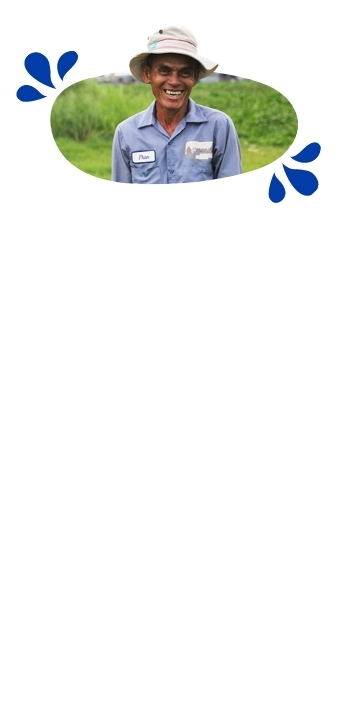


Social Awareness Blog Archives
August 2022
|
- About Us
- Products
- Solutions
- Resources
- Get Involved
-
Blog
- The Global Water Situation
-
Facts about Water
>
- Water supplies for crisis
- WaSH During Emergencies
- Well Water Cleaning and Filtration Guide: Southeast Asia
- Gravity-fed Water Systems: Water Purification and Filtration setups in Southeast Asia
- A Guide to Rural Rainwater Harvesting and Filtering
- Water Shortages and Their Effect on Children in Rural Schools
- WaSH Planning and Design Framework Resources for Indonesia and the Philippines
- Rural Community Water Supply: Water Systems in Villages
- Info on our Products
- Impact Stories
- Upcoming & Past Events
- Contact
- Store
- About Us
- Products
- Solutions
- Resources
- Get Involved
-
Blog
- The Global Water Situation
-
Facts about Water
>
- Water supplies for crisis
- WaSH During Emergencies
- Well Water Cleaning and Filtration Guide: Southeast Asia
- Gravity-fed Water Systems: Water Purification and Filtration setups in Southeast Asia
- A Guide to Rural Rainwater Harvesting and Filtering
- Water Shortages and Their Effect on Children in Rural Schools
- WaSH Planning and Design Framework Resources for Indonesia and the Philippines
- Rural Community Water Supply: Water Systems in Villages
- Info on our Products
- Impact Stories
- Upcoming & Past Events
- Contact
- Store

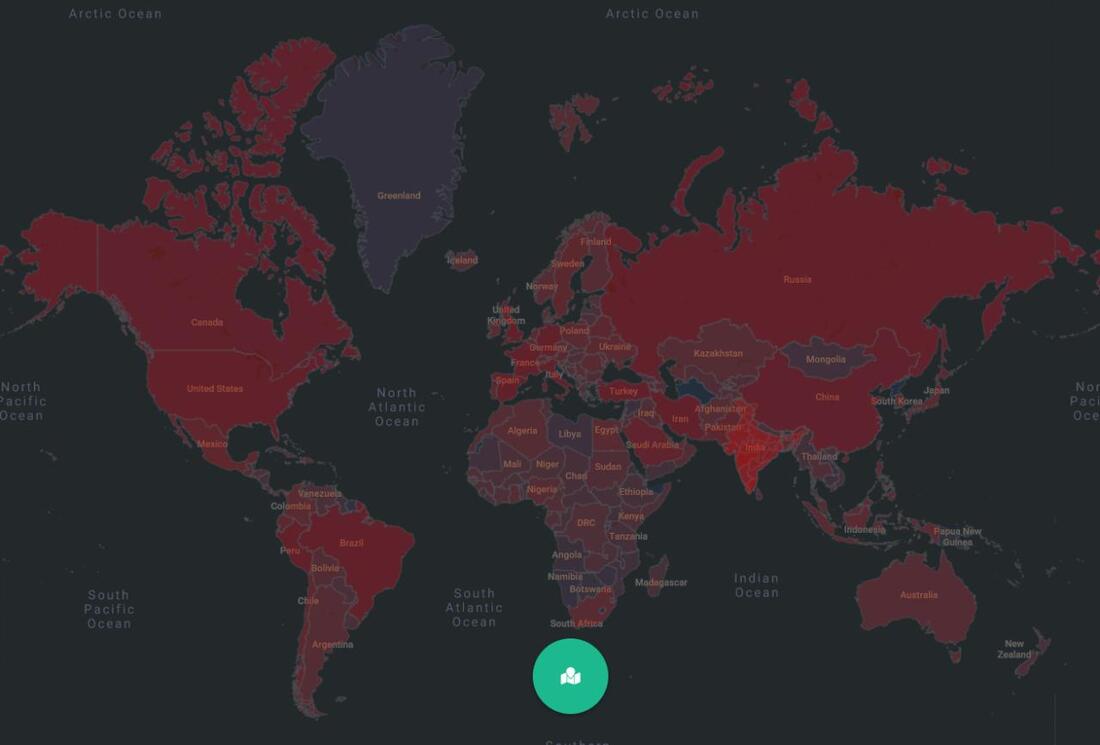
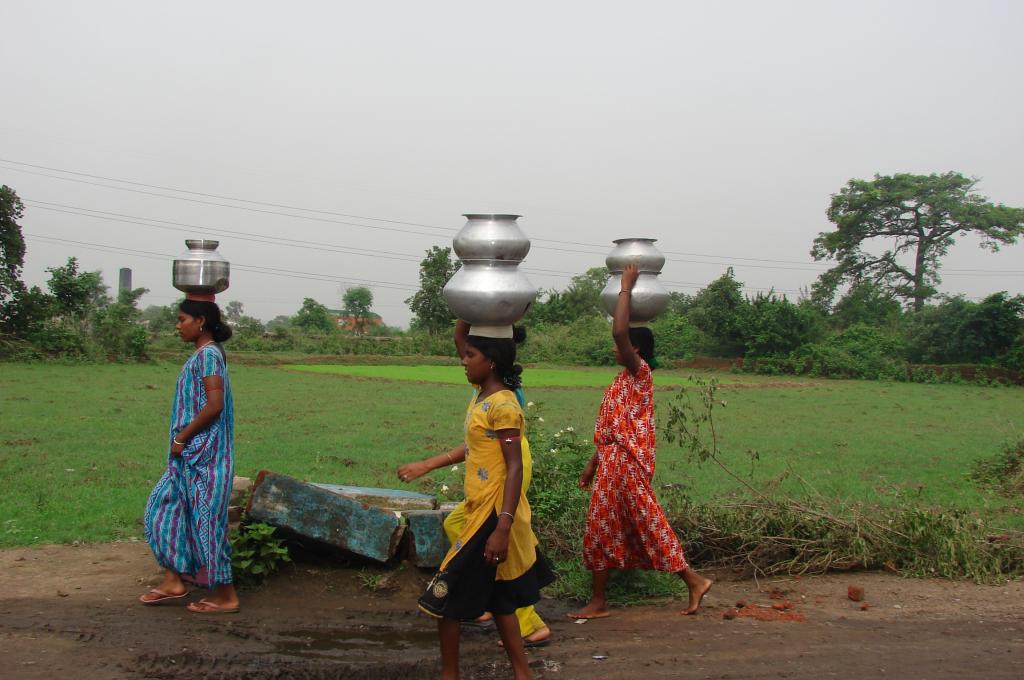
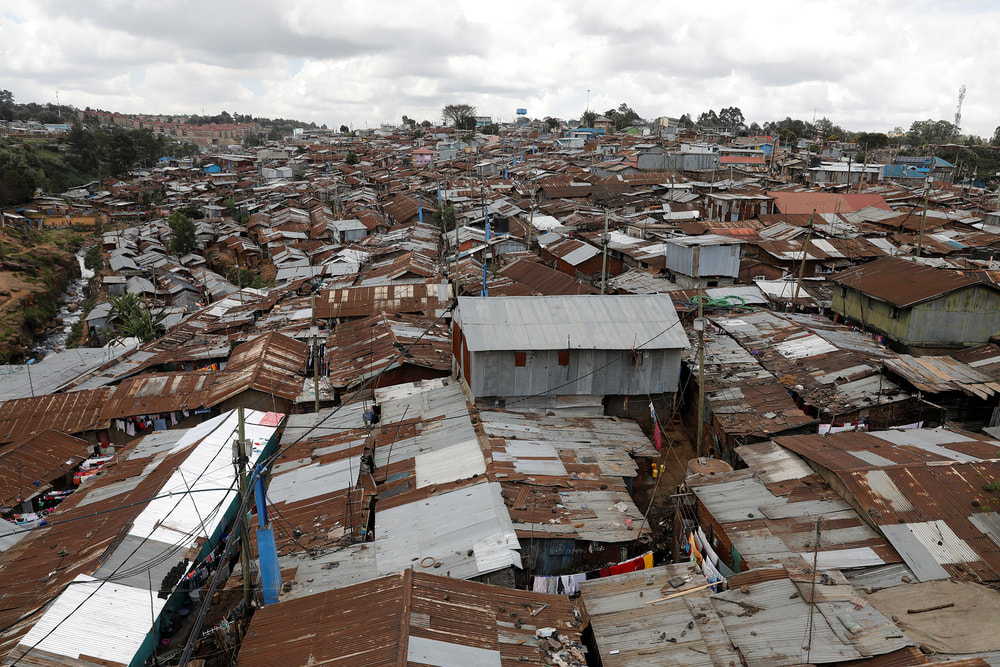
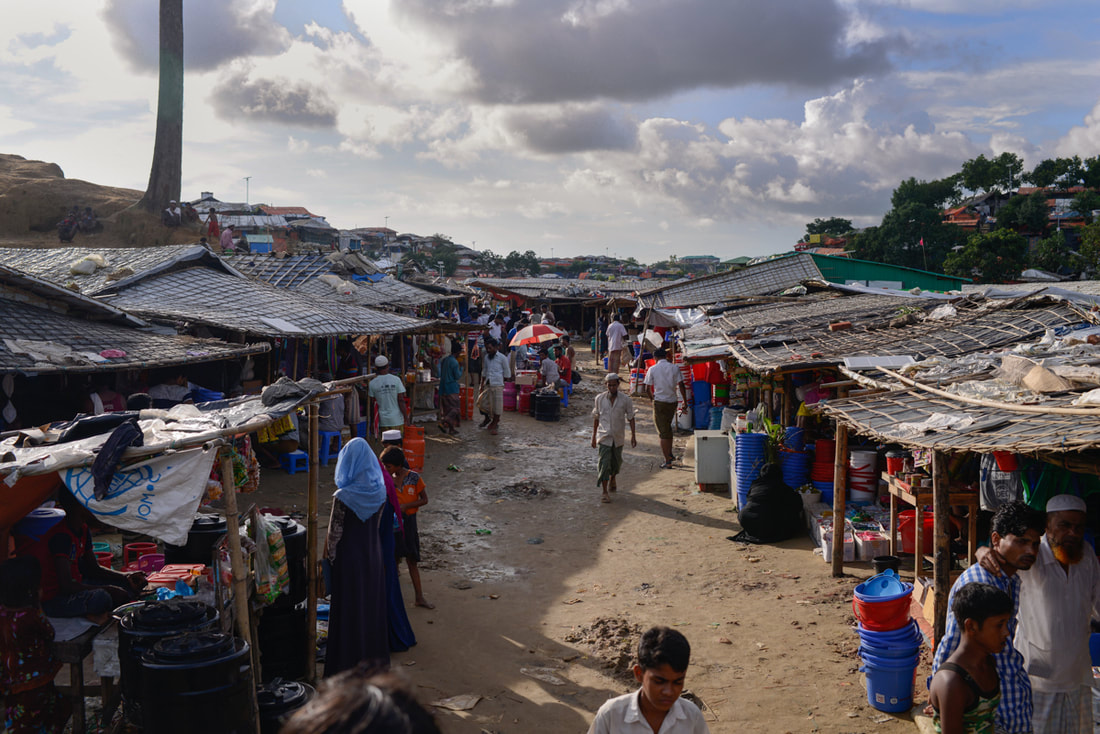
.jpg)